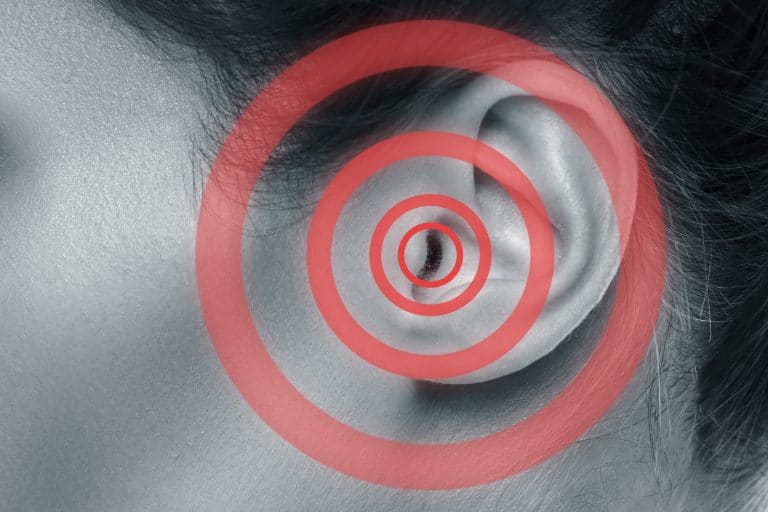Tinnitus (TIN-ih-tus) is the perception of noise or ringing in the ears and affects about 1 in 5 people. Tinnitus isn’t a condition itself — it’s a symptom of an underlying condition, such as age-related hearing loss, ear injury or a circulatory system disorder.
Symptoms
Tinnitus involves the annoying sensation of hearing sound when no external sound is present, such as:
- Ringing
- Buzzing
- Roaring
- Clicking
- Hissing
The phantom noise may vary in pitch from a low roar to a high squeal, and you may hear it in one or both ears. In some cases, the sound can be so loud it can interfere with your ability to concentrate or hear actual sound. Tinnitus may be present all the time, or it may come and go.
There are two kinds of tinnitus.
Subjective tinnitus is tinnitus only you can hear. This is the most common type of tinnitus. It can be caused by ear problems in your outer, middle or inner ear. It also can be caused by problems with the hearing (auditory) nerves or the part of your brain that interprets nerve signals as sound (auditory pathways).
Objective tinnitus is tinnitus your doctor can hear when he or she does an examination. This rare type of tinnitus may be caused by a blood vessel problem, a middle ear bone condition or muscle contractions.
Common causes of tinnitus
Age-related hearing loss. For many people, hearing worsens with age, usually starting around age 60.
Exposure to loud noise. Loud noises, such as those from heavy equipment, chain saws and firearms, are common sources of noise-related hearing loss. Portable music devices, such as MP3 players or iPods, also can cause noise-related hearing loss if played loudly for long periods.
Earwax blockage. Earwax protects your ear canal by trapping dirt and slowing the growth of bacteria. When too much earwax accumulates, it becomes too hard to wash away naturally, causing hearing loss or irritation of the eardrum, which can lead to tinnitus.
Ear bone changes. Stiffening of the bones in your middle ear (otosclerosis) may affect your hearing and cause tinnitus. This condition, caused by abnormal bone growth, tends to run in families.
Treatment
While there is currently no scientifically proven cure for most cases of chronic tinnitus there are tools you can use to manage symptoms.
- Improve your general wellness. Living an active healthy lifestyle can help decrease the intensity of the symptoms of tinnitus.
- Hearing aids. Tinnitus is caused from some form of hearing loss and by reducing hearing loss patients can feel some relief from their symptoms.
- Sound therapy. Patients can use real external noise to counteract their perception and reaction to tinnitus.
Consult your primary care physician if you have concerns about tinnitus.
References: Mayo Clinic and the American Tinnitus Association.

